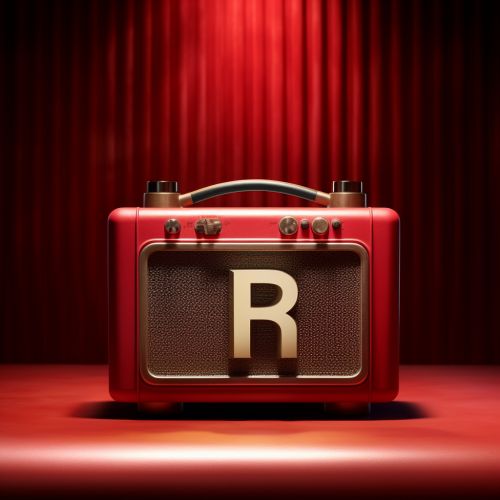BBC Radio 1
History
BBC Radio 1 is a British radio station owned and operated by the BBC. It was launched on 30 September 1967 as a response to the popularity of offshore pirate radio stations like Radio Caroline and Radio London in the mid to late 1960s.


The station was initially a 'pop' station offering a mix of popular music and chat, with some news broadcasts. Over time, it has evolved to reflect changes in the music industry and youth culture. Its target audience is now primarily young adults aged 15–29. The station plays a mix of contemporary music, including pop, rock, R&B, electronic, and indie, and it is known for its coverage of new music and live sessions from both new and established artists.
Programming
BBC Radio 1's programming is diverse, with a wide range of shows and presenters. The station broadcasts 24 hours a day, seven days a week, with live programming during the day and pre-recorded shows overnight. The schedule includes music shows, news bulletins, interviews, and features.
The station's flagship music show is the Live Lounge, where artists perform live sessions, often including a cover version of a popular song. Other notable shows include the Official Chart Show, which broadcasts the UK's official singles chart every Friday afternoon, and the Essential Mix, which features a two-hour mix from a different DJ each week.
Presenters
Over the years, BBC Radio 1 has been home to many notable presenters, including John Peel, Annie Nightingale, Tony Blackburn, and Chris Moyles. The current lineup includes Greg James, Clara Amfo, and Annie Mac.
Impact and Influence
BBC Radio 1 has had a significant impact on the British music industry. It has been instrumental in breaking new artists and promoting new music. The station's support can be crucial in helping a song or artist achieve chart success.
The station has also been influential in promoting live music through its coverage of festivals such as Glastonbury, Reading and Leeds, and the Big Weekend.
Controversies
BBC Radio 1 has faced various controversies over the years. These have included criticism of its music policy, accusations of ageism, and controversies over the behaviour of some of its presenters.
